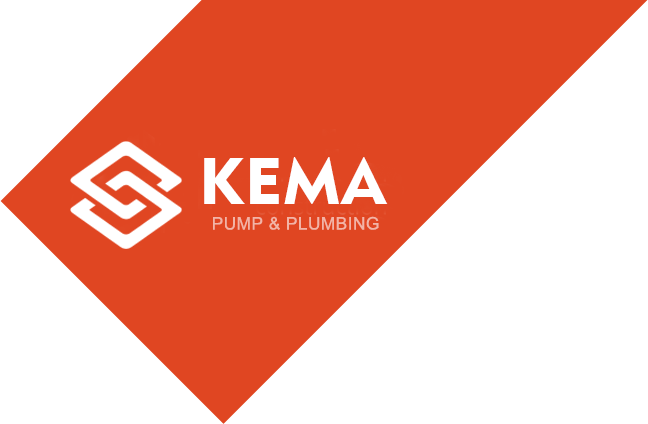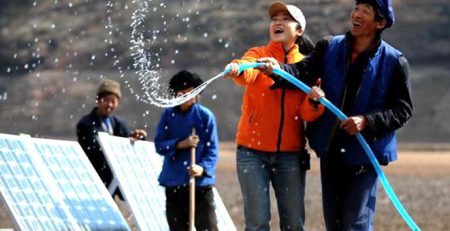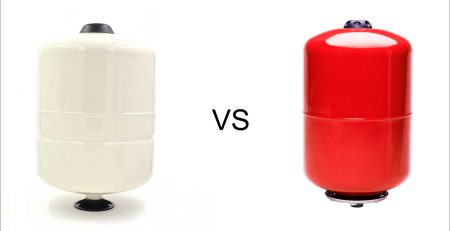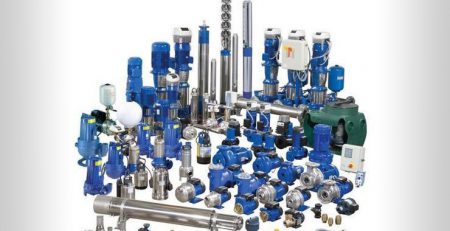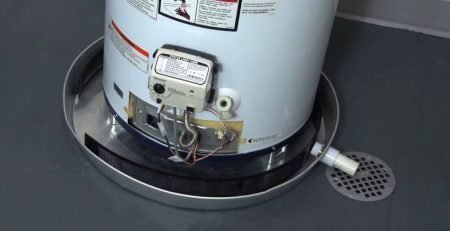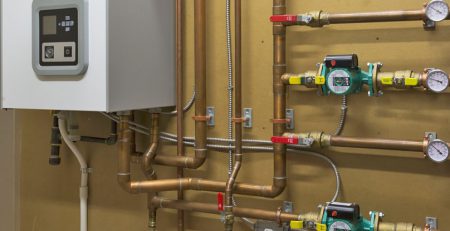Braided or Corrugated? What’s Your Best Option in Stainless Steel Water Heater Connectors?
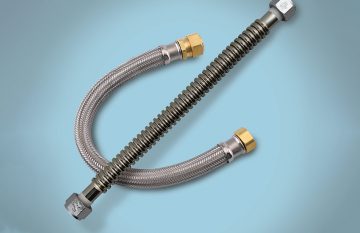
If you’re struggling to decide whether to use braided stainless steel connectors or corrugated stainless steel connectors on a water heater, it’s probably best to heed this advice: relax. Then make sure, whichever way you go, you research the quality of the brand you choose. The problems that arise with these two kinds of flexible connectors can often be traced back to the manufacturing processes and materials.
For example, some braided stainless steel connectors can spring leaks after a fairly short time. But blame for the weakness can likely be placed on the quality of the material under the steel. The braided stainless steel outer covering is not there to prevent leakage. It just provides a protective, flexible and attractive-looking support structure for the actual pipe, which is probably PVC.
Once you’ve found a connector brand you can trust, the chances are good the product, whether corrugated or braided, will do its job and not cause major water damage. Also, braided and corrugated products are comparably priced, with corrugated options costing a little more.
Finding consistency in reports about the overall ease of use and performance of the two kinds of stainless steel water heater connectors is next to impossible. Some people swear by corrugated and swear at braided. Others prefer braided, because they find it easier to work with. Still others use both.
There are a few items to consider:
- Corrugated stainless steel connectors appear to have a longer life-expectancy.
- Braided stainless steel connectors might offer somewhat more flexibility, which can be a big help in tight spaces.
- Unlike the corrugated variety, braided connectors are not entirely stainless steel. The pipe itself is another material and might be susceptible to damage from high temperatures.
One point does seem clear, though. High-quality braided and corrugated stainless steel water heater connectors are finding growing acceptance after a long time in the background. They score points for:
- Convenience because they’re easier to work with in cramped areas.
- Resistance to problems such as electrolysis created when dissimilar metals come into contact, causing failure and leakage.
- Ease of installation compared to, say, copper, which requires soldering and can be difficult in close quarters.
Another area of agreement concerns what factors to consider when you’re selecting a connector. Here’s a couple of questions to ask:
- Which materials are best for your application? One source to consult is the National Association of Corrosion Engineers.
- What effect can you expect from dynamic pressures? Extreme pressure changes can destroy connectors. If these changes occur regularly, they can derate the connectors’ working pressure to a half or even a sixth.
Whether to use braided or corrugated stainless steel water heater connectors boils down to the specific application and, frankly, personal preference. Which specific connector brand to employ depends on the quality of the materials and manufacturing. Opting for the lowest price could end up costing you a lot of money and your good reputation.
